Animal-associated microbiota
We are studying interactions between gastrointestinal microbiota and
their vertebrate hosts. In particular, we are interested (1) in factors affecting microbiota
variation across hosts’ phylogeny, (2) in mechanisms shaping temporal microbiota
changes during postnatal ontogeny and (3) in the effect of microbiota on hosts’ physiology
and health in free-living populations. In addition to microbiome research, we use high-
throughput sequencing techniques for analyses of diet composition and communities of
Eukaryotic commensals and parasites in wild populations.
|
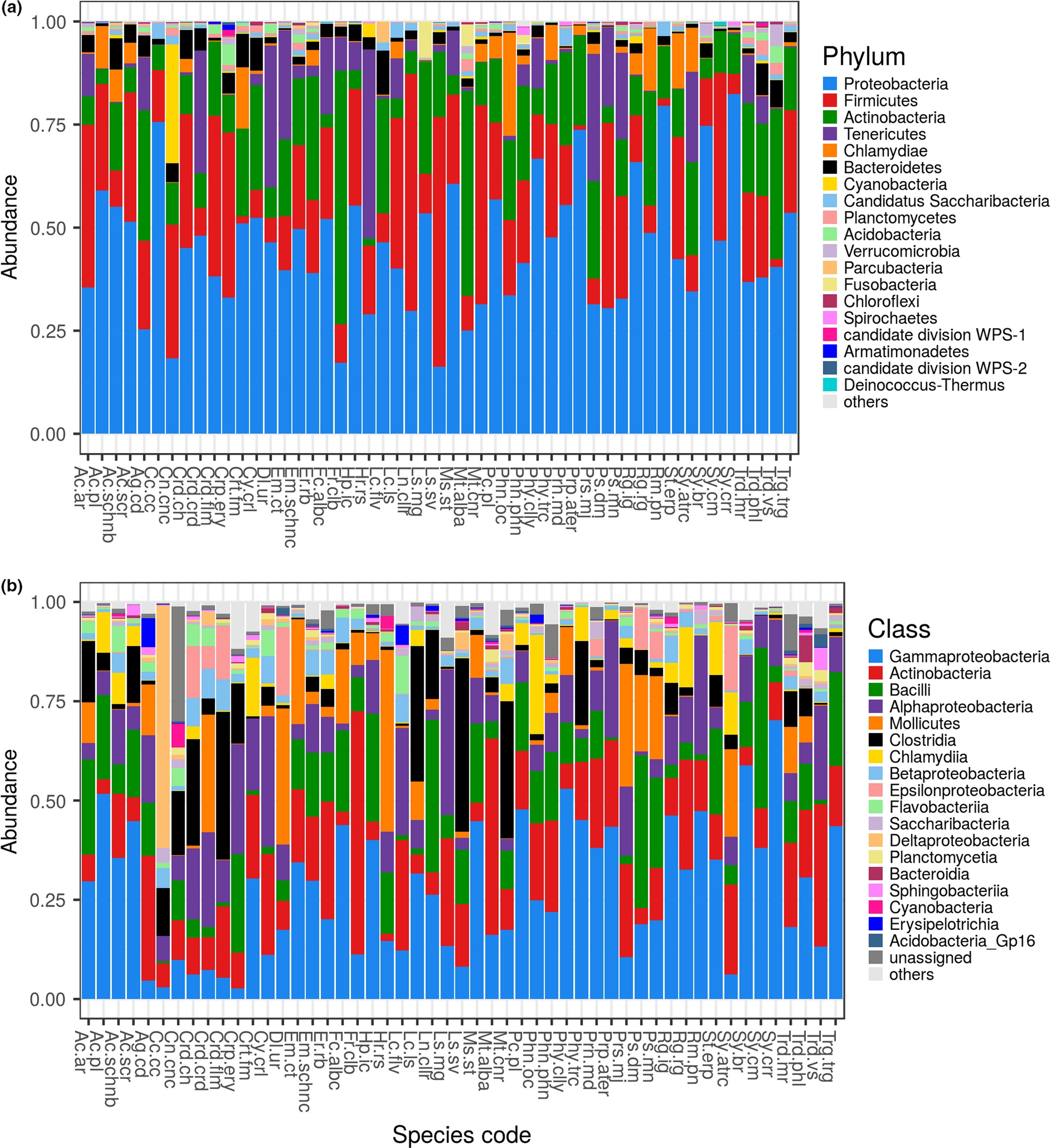 |
Avian Evolutionary Ecology
Our research is based on a variety of topics concerning ecology and evolution of birds in temperate zone as well as tropics. Current work deals with several overlapping topics: (1) variation in life history and physiological traits in birds across geographical (latitudinal, altitudinal) gradients (macrophysiology), (2) mechanisms (physiological, genetic, social) maintaining the honesty of signalization of individual quality via secondary male ornamentation, (3) mechanisms of mate choice
and the evolution of multiple male mating (female promiscuity) in birds, (4) post-copulatory sexual selection and the evolution of avian sperm, and (5) trade-offs between allocation to sexual signalling and ageing in free-living and captive bird populations.
|
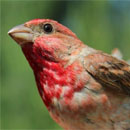 |
Comparative and Evolutionary Cytogenetics
|
Evolutionary Ecology and Ecophysiology of Reptiles
Ecophysiology group is part of larger interdepartmental group called “Gecko Team - reptile reproductive biology group”; however we do not strictly focus on reproductive biology or reptiles only. Our current topics include 1) influence of environmental temperature on growth, reproduction and overall energetics in lizards, 2) metabolic costs of tail regeneration in lizards, or 3) the role of cell size in metabolic rate scaling in vertebrates.
|
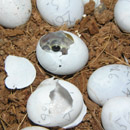 |
Evolutionary and Ecological Immunology
Our research is focused on mapping of animal interspecific and intraspecific genetic variability responsible for variation in disease resistance. We are interested in the association between genotype and environment in forming immunophenotype in health and disease. Since any knowledge on genetics of evolutionary adaptations in immunity should lead to improvements in biomedicine and biotechnology, our goal is also to support the transfer of the results of our basic research into applied practice in agriculture, veterinary practice and nature protection.
|
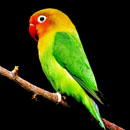 |
Genetics of Behaviour (BIOCEV)
The laboratory focuses on genetics of communication in rodents (Mus, Apodemus), with a special focus on lipocalins and their role in modulation of mammalian reproduction. The laboratory is a part of Biotechnology and Biomedicine Center of the Academy of Sciences and Charles University in Vestec (BIOCEV).
|
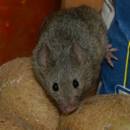 |
Fish Evolutionary Biology
The general goal of our research group is to understand evolution of fishes. Recently the main focus of our research team is on two main questions: 1) sensory genomics and understanding the molecular evolution and adaptation of fish sensory systems (vision, smell, taste), and, 2) molecular mechanisms of adaptation of hemoglobin proteins to different environments. We work with various fish groups, such as tropical cichlids from crater lakes, temperate cyprinids, deep-sea fishes and fascinating elephant fishes. Apart of that, we also focus on the biodiversity and biogeography patterns, evolution of fish genomes and speciation genomics.
|
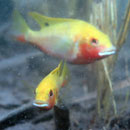 |
Molecular Ecology
We apply simple molecular methods to answer questions about
behavioural ecology, population structure, hybridization, and
speciation of animals. Our current research focuses on population
genetics of tropical birds and coevolution of parasites and their
hosts using bird parasites (avian malaria and feather lice) as models.
|
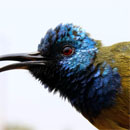 |
Population and Speciation Genetics
Our research focuses on genetic as well as ecological aspects of the process of speciation. Most of our work is done on two closely related and still hybridizing songbird species, the Common Nightingale and the Thrush Nightingale. Combining population and quantitative genomics together with experimental approaches in the lab as well as in the field we aim to elucidate the genetic architecture of reproductive isolation and understand the evolutionary processes leading to the origin of new species. We are particularly interested in the role of sex chromosomes in speciation.
|
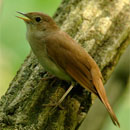 |
Reproductive Biology (BIOCEV)
The laboratory focuses on sperm-egg interaction and fusion, sperm preparation for fertilization (capacitation and acrosome reaction) as well as on epigenetic regulation of early embryogenesis, epigenetic markers associated with human infertility, spermatogenesis and sperm parameters assessment after endocrine disruptor challenge, using genomic and proteomic approach. The laboratory is a part of Biotechnology and Biomedicine Center of the Academy of Sciences and Charles University in Vestec (BIOCEV).
|
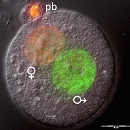 |
Sensory and Evolutionary Neurobiology
|








